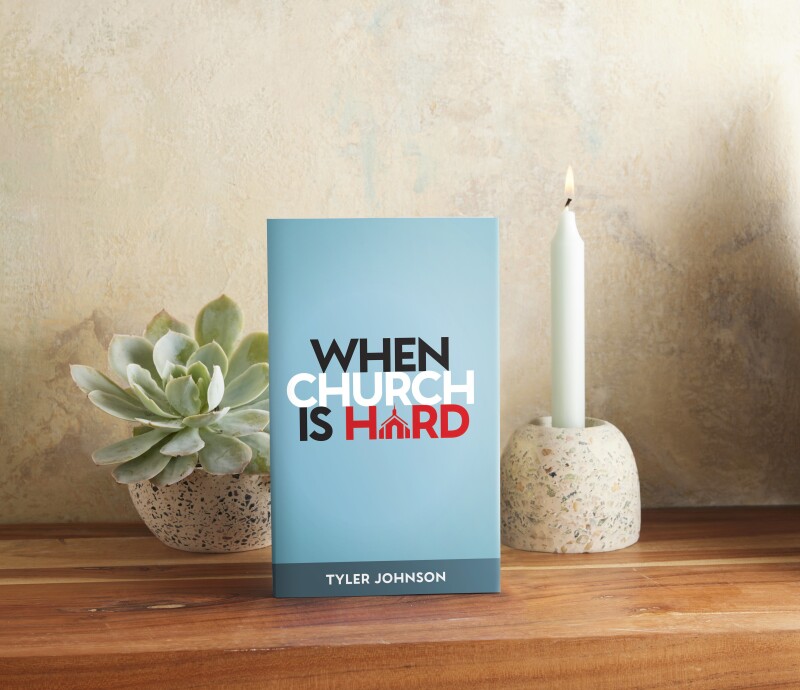Many people today might say that the quest of life is to “find yourself.” But on this week’s episode of All In, author Dr. Tyler Johnson points out that Jesus taught the opposite: “For whosoever will save his life shall lose it: but whosoever will lose his life for my sake, the same shall save it.” (Luke 9:24)
So instead of seeking to find ourselves, Dr. Johnson offers two questions we should each strive to answer throughout life:
- What are my gifts? “This includes spiritual, emotional, physical, financial, [or] educational [gifts]—all of it,” Dr. Johnson says.
- What can I do with those gifts to most bless the world?
As we try to answer the second question, Dr. Johnson suggests thinking of how we can bless people around us, starting with our immediate family. Then consider who is in our circle of influence in our extended family, ward families, and communities. For some people, that circle of influence will extend even further (someone in a position of political or cultural power, for example).
“In my mind [the] idea of consecration … is simply a way of saying, ‘How do we use the gifts we have been given to worship God by loving and blessing the people around us?’” he says. “And, of course, none of us is going to be perfect at those things. But when we make mistakes, we can repent and keep trying to do better. [We can] make our life a question of how to do that a little bit better every day.”
Listen to the full episode with Tyler Johnson on All In, available wherever you get your podcasts. Find even more insight from Dr. Johnson in his new book When Church Is Hard.
When Church Is Hard
If you are struggling with questions and seeking to square your intuitive sense of the good found in the Church with questions about its history, doctrine, culture, or practices, this book is for you. Available at Deseret Book and deseretbook.com.
▶ ‘When Church Is Hard’ author on helping young adults navigate complex faith questions
▶ A better way to explain ‘having a testimony’ that gives teens a solid foundation
▶ 3 ways we may misunderstand ‘Moroni’s promise’ (and how the truth helps build testimony)



